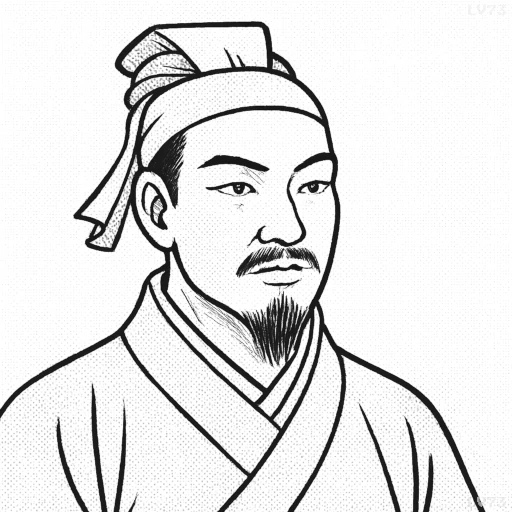“He will win who knows when to fight and when not to fight.”

- 544 BC-496 BC
- Born in China
- Military strategist, military strategist
table of contents
Quote
“He will win who knows when to fight and when not to fight.”
Explanation
In this quote, Sun Tzu emphasizes the strategic wisdom of choosing the right battles. Victory is not always achieved through continuous engagement but by understanding when to fight and, just as importantly, when to avoid conflict. A wise strategist assesses both the situation and their resources to determine the optimal moment for battle. Sometimes, the best choice is to hold back, conserving strength for a more favorable opportunity, rather than risking defeat in an unfavorable or unnecessary confrontation. This approach requires patience, discipline, and the ability to recognize when the risks outweigh the potential rewards.
In modern contexts, this principle applies widely, particularly in business and diplomacy. Companies that know when to expand and when to hold back can avoid overextending themselves and running into financial difficulties. For example, Apple didn’t rush into the market with every new technology; instead, they waited for the right time to launch products, ensuring their designs and marketing were aligned with market demands. Similarly, in politics, leaders who know when to engage in negotiations and when to stand firm can often secure better outcomes. A failure to recognize the right moments to act can result in missed opportunities or unnecessary conflict, as seen in many trade wars where the wrong timing leads to economic fallout.
This principle is also deeply rooted in military strategy, where understanding the opponent’s weaknesses and knowing the optimal time to strike is often more important than engaging in every battle. For example, in World War II, General Dwight D. Eisenhower knew when to delay the D-Day invasion to ensure the Allied forces were fully prepared, ultimately leading to a decisive and well-timed victory. Similarly, Napoleon Bonaparte often won by striking at the right moment, exploiting enemy weaknesses rather than engaging in drawn-out, uncertain conflicts. The ability to avoid unnecessary fighting can prevent the depletion of resources, protect troops, and lead to more successful outcomes, demonstrating the timeless relevance of Sun Tzu’s wisdom.
Would you like to share your impressions or related stories about this quote in the comments section?


